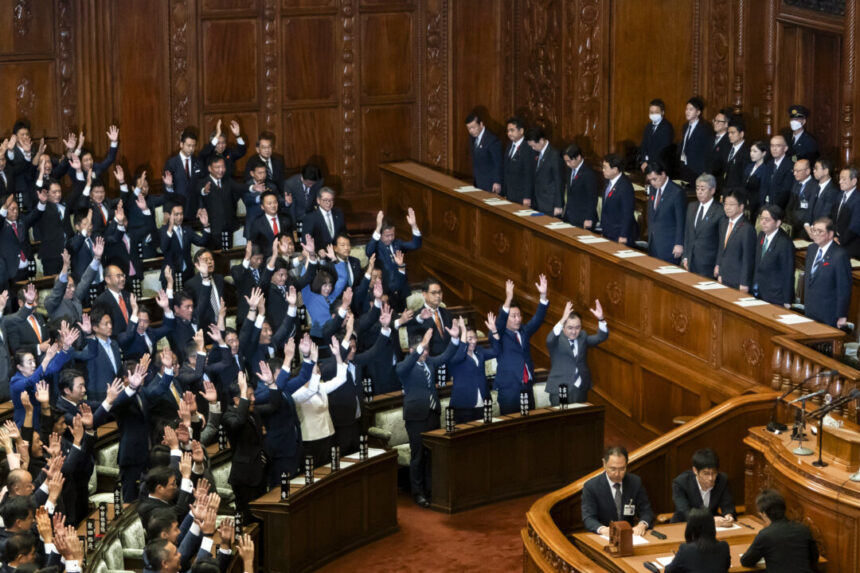Following the snap elections in Japan, newly appointed Prime Minister Shigeru Ishiba acknowledged that voters have delivered a ‘harsh verdict’ on the ruling coalition, marking a significant shift in the country’s political landscape.
The ruling coalition, led by Ishiba’s Liberal Democratic Party (LDP) and coalition partner Komeito, fell short of securing a parliamentary majority for the first time in 15 years. With only 215 seats in the 465-seat lower house, the coalition now faces the challenge of finding a third partner to form a majority government.
The main opposition party, the Constitutional Democratic Party of Japan (CDPJ), made significant gains by securing 148 seats, while the Democratic Party for the People (DPP) and the Japan Innovation Party each gained seats as well.
Despite the setback, Ishiba remains committed to addressing the voters’ concerns and making necessary changes within the party. He emphasized the importance of reflecting on past actions and launching a political reform headquarters to address the public’s demands.
The yen experienced a decline against the U.S. dollar following the election results, signaling market uncertainty and potential economic implications of the political shift in Japan.
Ishiba’s call for snap elections came after public dissatisfaction with the government’s handling of various issues, including rising inflation and a political fundraising scandal. The LDP, which has historically dominated Japanese politics, now faces a challenging period of transition and reform.
Looking ahead, Ishiba aims to revitalize consumption, increase household income through wage hikes, and promote regional security by advocating for an Asian equivalent of NATO to counter China’s influence.
Despite the challenges ahead, Ishiba’s leadership will be crucial in navigating Japan’s political landscape and addressing the pressing issues facing the country.
Please rewrite this sentence.
Source link





